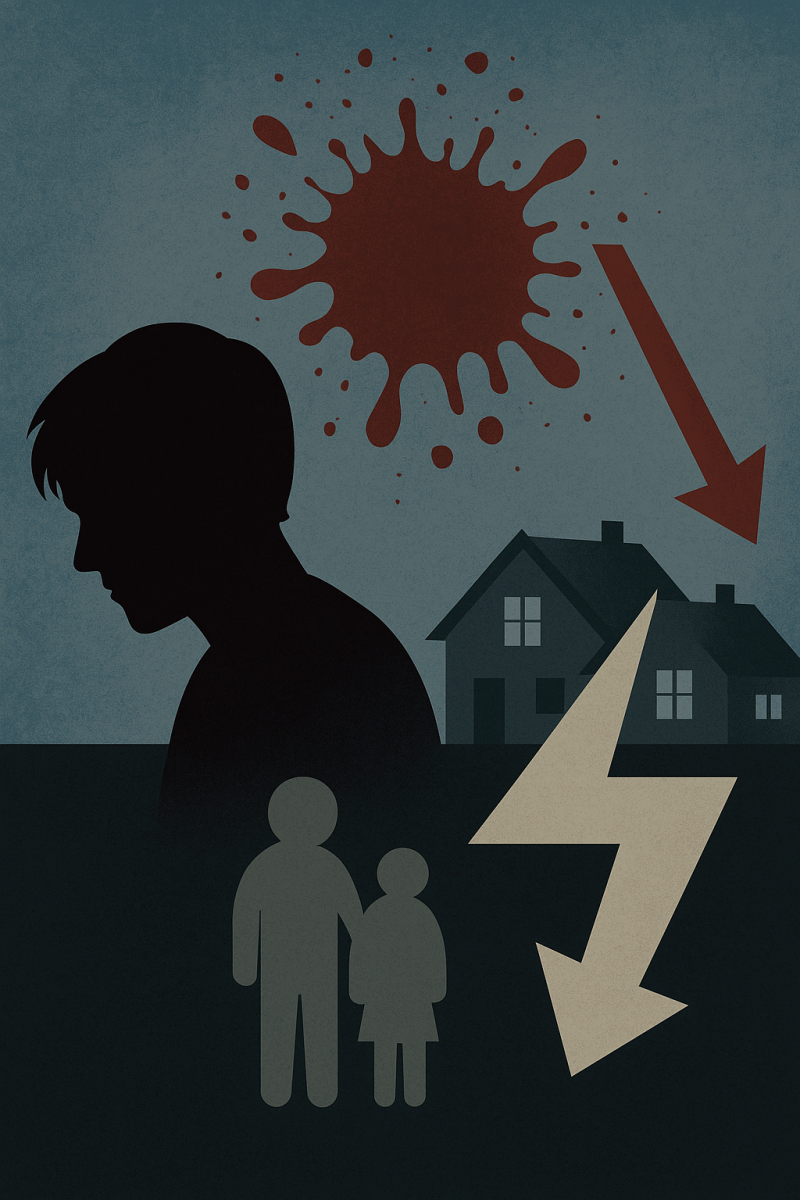It is highly unlikely that one has never experienced a dream before; however, it is not impossible.
According to Healthline, dreaming predominantly occurs during REM (rapid eye movement) sleep, which is scientifically proven everyone experiences. The brain is most active during REM sleep, where the body is temporarily paralyzed, resulting in a dream or two to occur. Memory recall is a main factor into why some “do not dream”. It is not necessarily that they do not dream, it is that they are unable to recall it. Others that do not have the ability to dream or recall dreams are those who have underdeveloped cognitive processes, stress, sleep disorders, etc.
Why Do Dreams Occur?
There are many theories on why dreams occur, but there is currently no clear answer. All psychologists know for sure is that dreams transpire due to physiological activity in the brain. This can include brain rehearsal with dreams that will attempt to prepare for situations that may occur throughout one’s day, or solving problems in the person’s life. Other theories include cultural influence, meaning that the location one is at will affect one’s nighttime visions, the brain attempting to organize information gathered during sleep, and dreams occurring when one is dealing with more stress and anxiety than one is used to. It is common that as the night goes on, dreams will last longer and become more vivid. Adara Turek is a professor at the University of Akron and teaches psychology, so she is well informed about the origins of dreams.
“It’s important to note that different perspectives from psychology often have different theories about psychological phenomena like dreams, and that these are just theories that have not been fully proven,” Turek said.
Reoccurring Dreams
There are a plethora of reasons why one might experience recurring dreams. One reason could be due to waking up in the middle of a dream. This is said to cause your brain to have the same dream again in order to finish processing the dreams topic. Trauma often caused those to have repeated nightmares. This happens because the brain is attempting to understand the trauma and deal with it. Additionally, reoccurring dreams may occur due to unmet psychological needs. These dreams may have negative themes such as being attacked, chased or failing at something. There are so many reasons that can cause an individual to experience a recurring dream. This makes it difficult to figure out the underlying cause, and this is a situation Senior Navjot Kaur has experienced.
“I’ve had multiple recurring dreams, and they’re all about the most random topic,” Kaur said. “One I specifically remember was my family and a couple close family friends were going to explore a haunted house of some sort and the dream kept ending at the worst times. Then a couple nights later I would continue in a similar situation from where I left off.”
Daydreaming
Daydreaming is a normal phenomenon that everyone indulges in. Daydreaming may include thinking about the future, visualizing social scenarios, a relief from boredom, etc.
“I daydream pretty often, mostly about things I would rather be doing at that moment. I wouldn’t say I do it on purpose; I just kind of drift off subconsciously,” Ava Rose ’26 said.
Many use daydreaming as a coping mechanism for anxiety and stress. According to Behavioral Scientists, daydreaming on average occurs every few minutes. There are three styles of daydreaming. These include poor attentional control, positive-constructive, and guilty-dysphoric. Daydreaming becomes a concern when it turns into maladaptive daydreaming, which is a mental health issue. Those who have it dream excessively and intensely throughout the day. This can be used as a coping mechanism for other underlying mental health issues.
Nightmares
Similar to other types of dreaming that may occur, nightmares can happen for a variety of reasons. It is commonly believed that having or experiencing anxiety during the day can be a main factor. Nightmares caused by anxiety are called anxiety dreams. It is said that the fearful thoughts experienced throughout the day may cause those thoughts to end up like a story, or in other words, a dream. Sleep deprivation and medications are common factors in nightmares occurring. A symptom of taking medications including antidepressants, sleeping pills, etc, are nightmares. It is said that seeing something frightening on social media or a scary show or movie can result in nightmares. Nightmares are most common in children ages three to six but still occur at any and every age.
“I would say the age I experienced nightmares the most was when I was around ten,” Ava Scott ’26 said.
Multiple Dreams In One Night
Experiencing multiple dreams in one night is extremely common. According to Chambers and Blohm Psychological Services, the most usual range of dreams that one has in a night is around three to five; however, a majority of these dreams will be forgotten by the morning. Stress, medications, sleep disorders, and overstimulation are all reasons why one may experience an excess of dreams in just one night. This is referred to as broken sleep. These dreams may appear very vividly and intensely. The reason why the same dream may occur multiple times in just one night may be due to one of these two reasons. The first being unresolved life problems. The brain may be trying to fix or prepare these problems, which results in reoccuring dreams in the same night. The second reason being experiencing difficult emotions. The dream recurring will give one time to process these emotions.
“It’s definitely possible to have multiple dreams in one night! We dream when we are in the REM (rapid eye movement) part of our sleep cycle. We enter this part of our cycle multiple times a night,” Turek said.
































